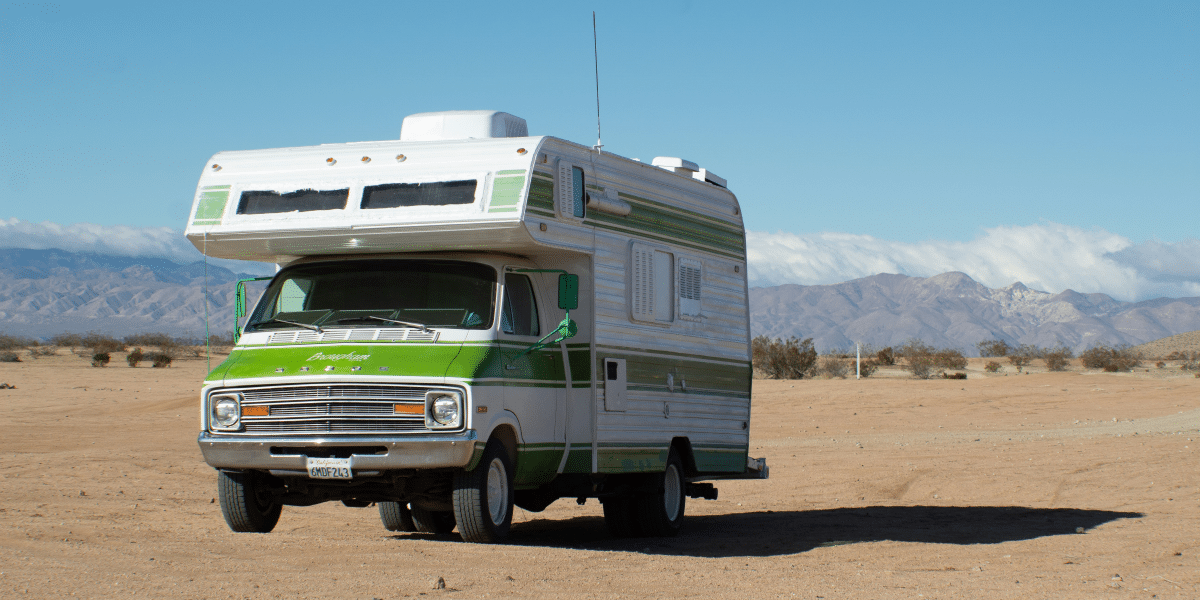If you’re an avid RVer, connecting your RV to solar power can allow you to take your rig into more remote locations while continuing to enjoy all the perks of remaining connected to electricity. Of course, adding solar to your RV involves a great deal of equipment, including a converter/inverter. What is a converter/inverter, and how do you find the best one for your RV? Keep reading to find out.
What Does It Do?
When you think of the equipment needed for solar power, you’re probably focused on the panels, but a converter/inverter is just as essential. This device converts DC power from your RV’s solar panels or batteries to AC power for all of your appliances. It can also do the opposite, changing any AC power back to DC power to charge your RV’s battery and ensure it will start up for you when you turn the key.
Assessing Your Power Needs
The first step in selecting an RV converter/inverter that’s best for your rig is assessing your power needs. You should consider the total wattage of the appliances and devices you plan to use, especially those that you want to use simultaneously. This could include lights, kitchen appliances, HVAC, entertainment systems, and any other electrics. Add up their wattage requirements to determine your total power consumption. This calculation will help you choose an inverter with the right wattage rating, ensuring it can handle your power usage without overloading.
Pure versus Modified Sine Waves
Next, you’ll need to consider whether you want a pure or modified sine wave inverter. Pure sine wave inverters provide a smoother and more consistent power output, similar to what you would get from your outlets at home. They’re best for sensitive electronics like laptops, televisions, and medical equipment. Modified sine wave inverters are not as consistent in their power output, which can cause issues with those devices listed; they are, however, more affordable. If you plan to use any sensitive electronics, a pure sine wave inverter is the better choice.
Additional Features
Once you choose the type of converter/inverter you want and find one that meets your power needs, you can further consider any additional features you may want from it. Look for converter/inverters with multiple outlets, USB ports, and remote control capabilities. They can even include LCD screens that display key information like battery voltage, power consumption, and fault warning. You’ll also want to look for safety features like overload protection, short-circuit protection, and thermal shutdown.
By thoroughly considering all the factors mentioned above, you can find the best RV converter/inverter for your needs, and you can go farther with your RV than ever before.
Published by: Holy Minoza








